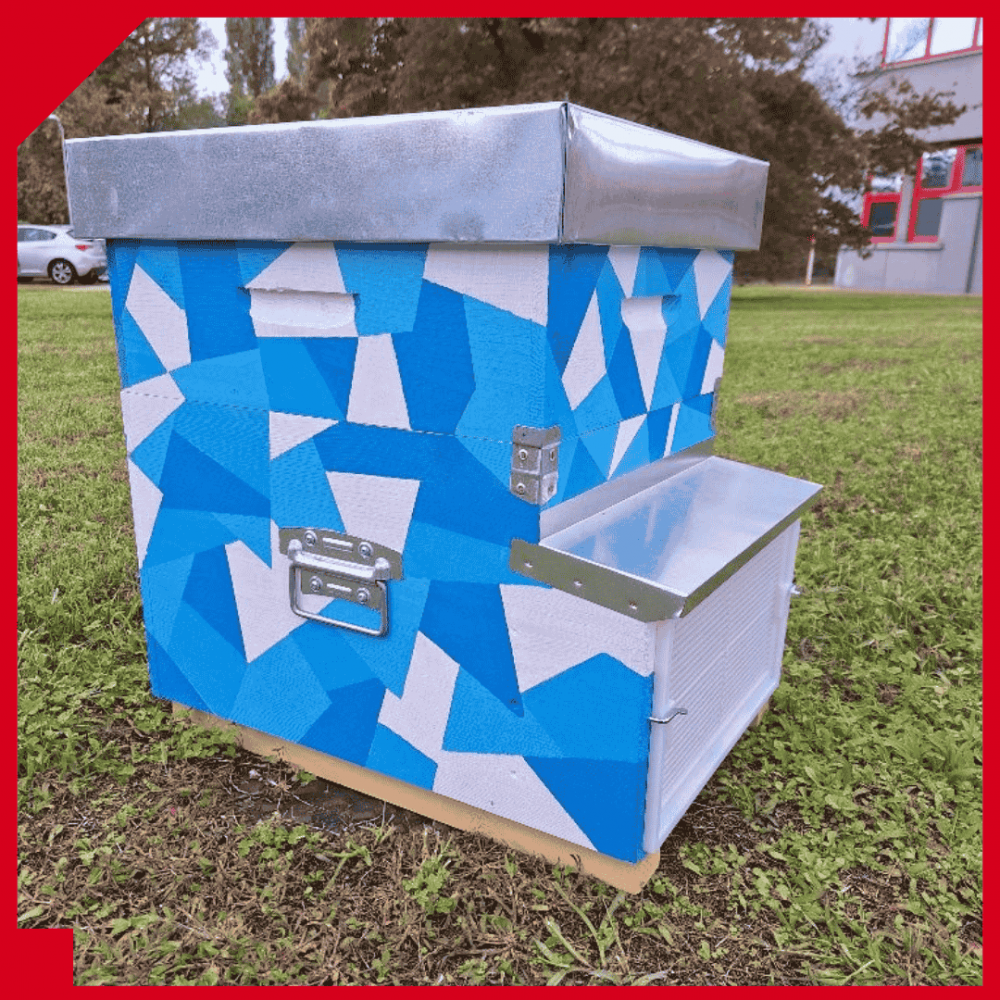
The current version of the Tecniplast website doesn't match your region. Please visit your local website to find information and offerings specific to your country.

The current version of the Tecniplast website doesn't match your region. Please visit your local website to find information and offerings specific to your country.

From September 30 to October 4, 2024, the 11th edition of the annual Zebrafish Husbandry Course took place, drawing 35 participants from over 11 countries. This year’s event provided a valuable opportunity for attendees to learn about the latest innovations in zebrafish research, a vital area in scientific studies.
The course featured eight important speakers:

Mayssa Mokalled; Associate Professor in the Department of Developmental Biology at Washington University School of Medicine in Saint Louis, USA
Lauren Pandolfo; Zebrafish Genetics Research Core Director and Zebrafish Operations Manager at Baylor College of Medicine
Karin Finger-Baier; Staff Scientist and Project Leader at the Max-Planck-Institute for Neurobiology in Martinsried (now MPI for Biological Intelligence)
Bruce Newell; employed by Deakin University south west of Melbourne Australia and member of the ANZAAP organising committee
Wilson Pinto; Marine Biologist holding a PhD in Aquaculture Nutrition, being a researcher and product developer at SPAROS Lda
Gyles Westcott; experienced specialist in the field of low-energy lighting, lighting control and photobiology
Carrie Barton; Director of Aquatics and Associate Director of Animal Care for the Office of Comparative Medicine at the University of Utah
Justin Sanders; assistant research professor in the Department of Biomedical Sciences at the Oregon State University Carlson College of Veterinary Medicine
They covered a wide range of topics, including zebrafish diet, tank lighting management, and facility sustainability—an increasingly important theme in aquatics research.
Participants engaged in discussions that highlighted effective management strategies for aquatic facilities and explored various aspects of zebrafish care and husbandry.
 The final day of the course was hosted at IWT, where participants witnessed the installation of a new beehive alongside existing ones. This initiative aims to lay the groundwork for a sustainable business model, demonstrating that small actions can lead to significant impacts. Each guest was gifted a jar of honey produced from IWT’s own hives, further emphasizing the connection between sustainability and community.
The final day of the course was hosted at IWT, where participants witnessed the installation of a new beehive alongside existing ones. This initiative aims to lay the groundwork for a sustainable business model, demonstrating that small actions can lead to significant impacts. Each guest was gifted a jar of honey produced from IWT’s own hives, further emphasizing the connection between sustainability and community.
Intense sessions at Tecniplast allowed for numerous question- and-answer segments, fostering direct interaction between participants and speakers. This engagement was crucial for addressing important topics related to the management of aquatic facilities, ensuring that attendees left equipped with practical knowledge.

The primary goal of the Zebrafish Husbandry Course is to keep the community active and engaged. Organizers are already looking forward to the next meeting, aiming to continually enhance the event while delving into the multifaceted world of zebrafish research.
We extend our heartfelt thanks to all participants for making this year’s course a success.
We can’t wait to see everyone again at next year’s Zebrafish Course!